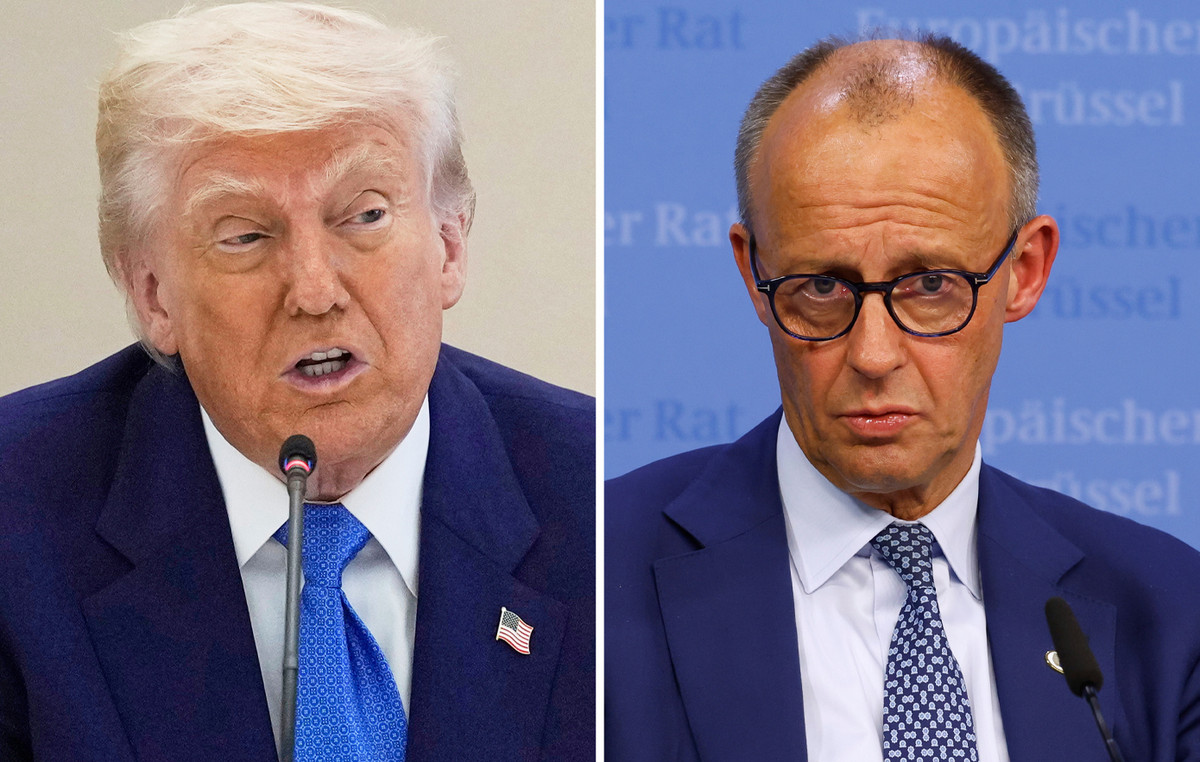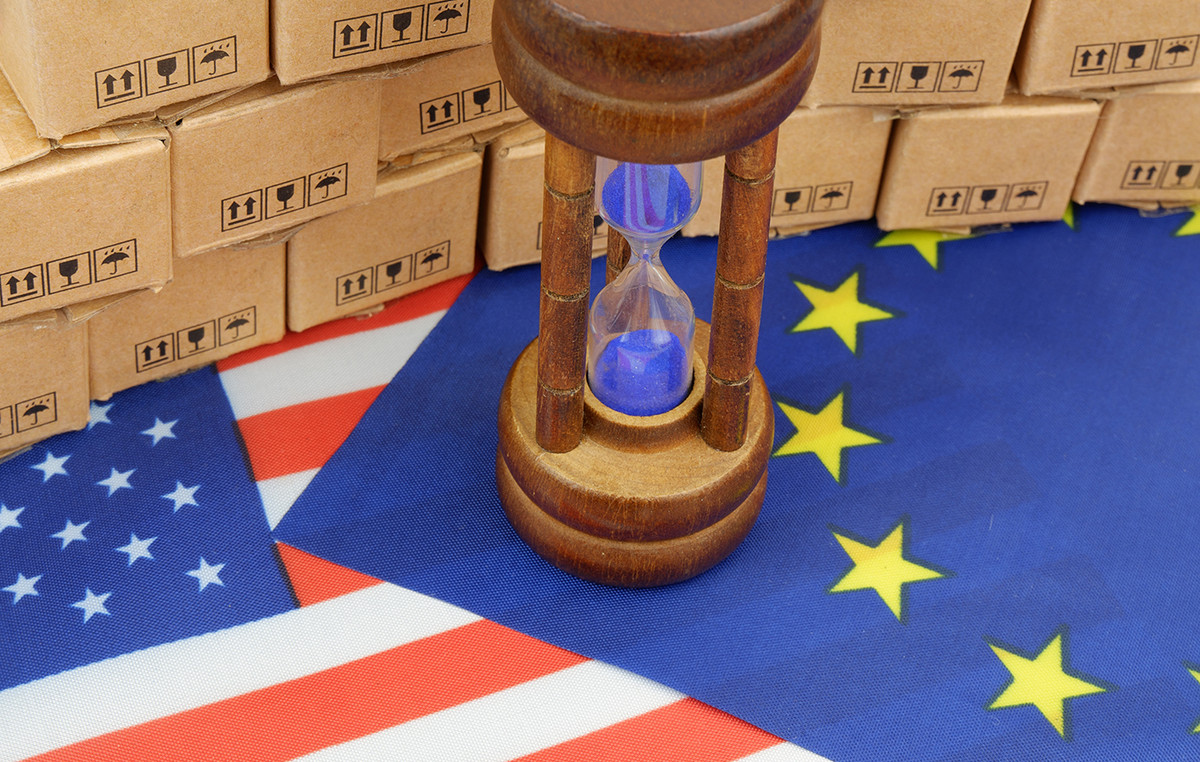The credit to Greece for the “very impressive digital transformation” achieved in recent years, was given by the Executive Vice President of the European Commission, responsible for preparing Europe for the digital age, Margete Vestager, who congratulated our country and the Sustainability and Recovery Plan of 30 billion, of which 7 billion will be allocated to digital transformation.
These are strategic investments made in Greece to strengthen the activities and to strengthen small and medium enterprises, including the improvement of digital skills, assisting the transformation of the public sector. And as the responsible Commissioner underlined, “I am glad that Greece is taking advantage of this opportunity, thanks to the Recovery and Sustainability Mechanism, to implement digital transformation reforms in the public and private sector, and it is the companies that will be digitized”.
Ms. Vestager spoke today (linked from Brussels with the Greek Parliament) at the event of the parliamentary committees on European Affairs and Research and Technology, chaired by Dimitris Kairidis, Vice-President of the Committee on European Affairs, on the topic: “The formation of the our future, challenges and prospects “.
As she mentioned, in the last two years, the Greek digital transformation has been very impressive, and she expressed her belief that “what is done” is not only aimed at achieving a specific goal, but also guides our work, because this digital transformation serves people and puts man at the center of society. As an example, the Commissioner referred to the digital certificate of covid, noting that Greece was the Member State that “pushed” in this direction and expressed its joy “that it did and that it finally happened […] “Because this fold has allowed us to regain our freedom of movement in the European Union, in one of the most critical health situations we have experienced in recent centuries.”
“This fold for covid, is combined with the rules of data protection and this for me means that when we work together we are able to overcome difficulties and obstacles,” added Ms. Vestager. Citing an example of how beneficial digital transformation is becoming in the health sector, he spoke of the “MyHealth app”, the app that gives patients access to medical histories and records. “The administration is becoming digital, so that it can serve and facilitate the lives of citizens, while also building trust.”
European Digital Identity
Regarding actions in the European Union, Ms. Vestager stressed that she is laying the foundations for a digital economy. He typically referred to the proposal for a European Digital Identity instead of a national one, which would be valid throughout Europe, so that Europeans could have access to online services and of course there would be selective disclosure of only their necessary personal data. There is also the possibility of creating a space where we can communicate, connect, but be protected from digital threats, as well as the regulation and regulation of artificial intelligence “which we can trust, because it respects our fundamental characteristics and at the same time it goes hand in hand with excellence, innovation and is beneficial for everyone “.
Objectives
The European Commissioner for European and Eurasian Affairs highlighted the goals to be achieved by 2030, which are related to skills, secure communication, business transformation and the digital transformation of public services.
“The target is 20 million by 2030, and all households to have Gigabit networks and 5G, 75% of EU businesses to use digital technologies such as data, artificial intelligence and Cloud services, and in eight years all “Public services (or at least the main ones) should be digitally accessible so that they are available to the public,” he said.
“The declaration we propose on digital principles and digital rights should be signed by the European Commission, Parliament and the Council and serve as a reference text for all of us and guarantee that we can achieve an open digital society or “Everyone will belong to it. We must support solidarity, inclusion, freedom of choice online. We must encourage participation in the digital public space, enhance the security and sustainability of our digital future.” .
To achieve all this, Ms Vestager emphasized the need to create a framework that would facilitate large-scale projects so that Member States could benefit from the technologies as well as private-public partnerships. To this end, the European Commission has launched 12 cross-border and multi-state projects, which will have to be funded with 700 billion euros, and through the Resilience and Recovery Mechanism will absorb at least 170 billion euros in digital priorities by 2026.
230 million for digital education
“We have set impressive targets. We have set the bar high for the digital transformation: 80% of the adults who have acquired the most basic skills and by the ’30s we should have 20 million digital experts in the European Union working in their field and We also want women to participate in this job market, if we do not all work together, we will not reach 20 million specialists, only 12 million – and that is why I want to ask you to participate in this social dialogue, to support this dialogue at national level, “she told the national delegation.
Especially for our country, since he pointed out that, despite Greece making impressive efforts for its digitization, it remains in a lower position than its European partners and therefore informed that investment in Education and youth education is planned. , which will include digital skills. To that end, Ms Vestager has announced an investment of € 230 million for digital equipment so that it can be used by trainees.
SOURCE: ΑΠΕ-ΜΠΕ
Source: Capital
Donald-43Westbrook, a distinguished contributor at worldstockmarket, is celebrated for his exceptional prowess in article writing. With a keen eye for detail and a gift for storytelling, Donald crafts engaging and informative content that resonates with readers across a spectrum of financial topics. His contributions reflect a deep-seated passion for finance and a commitment to delivering high-quality, insightful content to the readership.







